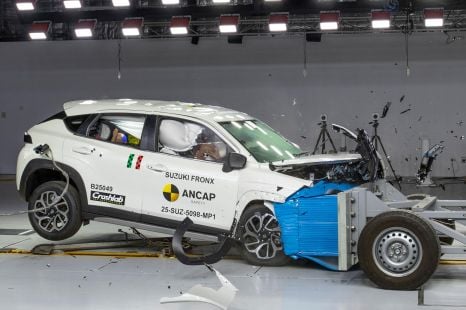

Damion Smy
Suzuki Fronx scores one-star ANCAP rating after seatbelt failure
2 Hours Ago
Though there are concerns around Volkswagen's spending overseas, the brand's local branch is optimistic about what the future brings.

Marketplace Journalist
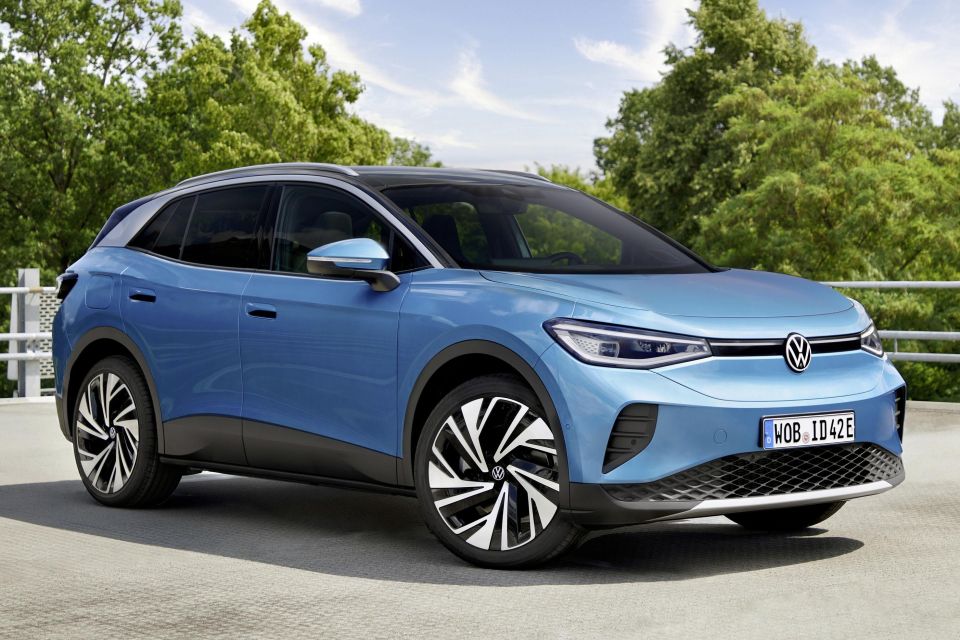

Marketplace Journalist
While Volkswagen Group bosses in Germany have recently had difficult conversations with workers about cutting costs, the carmaker’s Australian arm is confident the auto giant’s local operations will continue as usual.
In September, Volkswagen Group finance chief Arno Antlitz attended a gathering of 25,000 workers at the company’s Wolfsburg headquarters to say they needed to work with management to cut spending.
“We have been spending more money at the brand than we earn for some time now. That can’t go well in the long term. If we carry on like this, we won’t succeed in the transformation,” he was quoted as saying, which was reportedly met with heckling from the audience.
The transformation in question is Volkswagen’s shift to electric vehicles (EVs), which has been met with difficulties in Europe on account of changes to subsidies – not to mention slowing global demand.
But in Australia, where EVs are not yet the primary cars of choice, cost-cutting in Germany is expected to have little to no impact on Volkswagen’s local operations.
100s of new car deals are available through CarExpert right now. Get the experts on your side and score a great deal. Browse now.
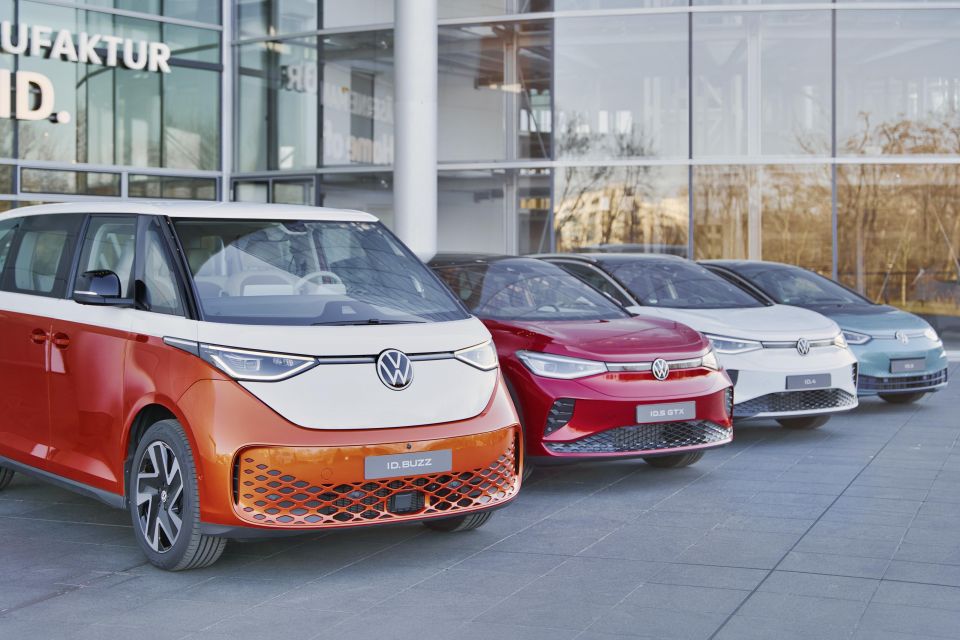
Volkswagen Group Australia corporate communications general manager Paul Pottinger says Australia and Europe present two “completely different” situations for the brand.
“Our situation in Australia is unique in so many respects, not least of which is the fact our relationship with EVs is maturing. It’s not fully fledged or consummated as it is in Europe – we’re a completely different state,” he said.
“I’m often asked ‘is the slowdown of EV sales an issue for Australia?’ – well, no, because we’re 10 years behind Europe. I don’t think our situation is in any way congruent to what’s happening or isn’t happening there.”
Volkswagen Group Australia product and PR communications manager Daniel DeGasperi echoed Mr Pottinger’s remarks while saying a “significant renewal” of the VW brand’s Australian showroom was on the way, which “presents a huge opportunity for the Volkswagen brand”.
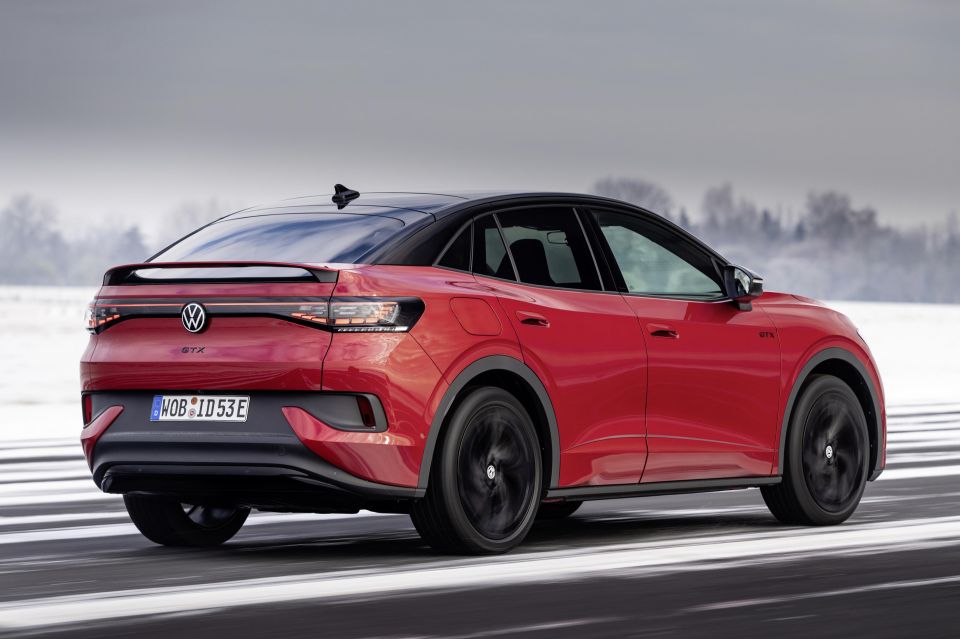
Volkswagen’s global shift to EVs has been an on-again, off-again affair. Reports from late 2023 suggested the brand was slowing its EV rollout in Europe, with plans to build further dedicated factories delayed.
At the time, Mr Antlitz said European EV orders were down 50 per cent from 300,000 in 2022, to 150,000.
More recently, the brand reportedly delayed the launch of its flagship Trinity EV to make way for the incoming electric Golf, which could debut earlier than 2029 despite suggestions Volkswagen had recently delayed its launch from 2028 by 15 months.
The Trinity was first scheduled for release in 2026 and then 2028, 2030 and reportedly now 2032. The delay was attributed to software-related issues, while Volkswagen planned to build a dedicated factory for the Trinity following a €2 billion (A$3.2 billion) investment.
Those plans were cancelled in October last year, when it was confirmed the Trinity and Golf EV would instead be built at an already established factory in Zwickau.
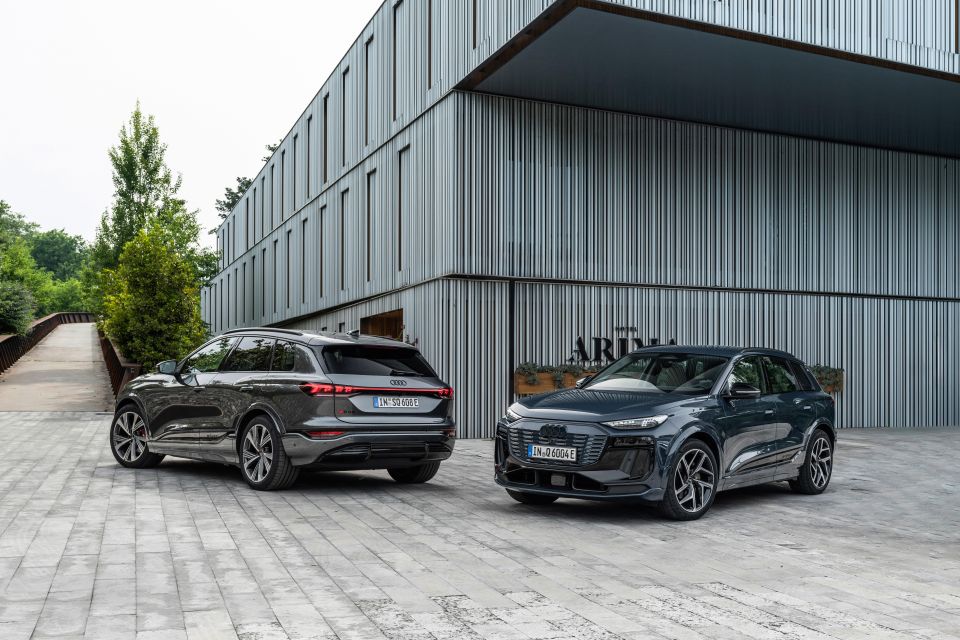
In Australia, the Volkswagen brand’s EV lineup will consist of the ID.4, ID.5, and ID. Buzz, as well as electric options for the incoming Transporter and Caravelle models, which should all join the range in the next 12 months.
The wider Volkswagen Australia Group also sells EVs like the Cupra Born and, soon, the Tavascan, the Skoda Elroq and Enyaq, and the Audi Q4 e-tron, Q6 e-tron and A6 e-tron. Mr DeGasperi says that despite the situation overseas, Volkswagen Group Australia is looking forward to the incoming models.
“We’ve never had a time where we get an all-new Multivan, an all-new Transporter, a Caravelle, all in such a compact period of time,” he said.
“And certainly not with the sort of drivetrains we’re going to offer, particularly with Transporter and Caravelle – it’s a big renewal.”
MORE: Volkswagen tells angry workers big cuts need to be made, and quickly MORE: Volkswagen’s ‘sluggish’ electric car sales force it to change plans again MORE: The latest on Volkswagen’s delayed electric Golf
Where expert car reviews meet expert car buying – CarExpert gives you trusted advice, personalised service and real savings on your next new car.
Max Davies is a CarExpert journalist with a background in regional media, with a passion for Japanese brands and motorsport.


Damion Smy
2 Hours Ago
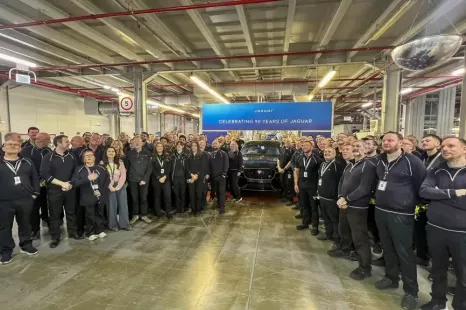

Damion Smy
5 Hours Ago
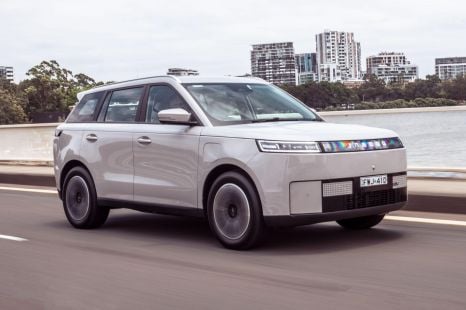

Josh Nevett
7 Hours Ago
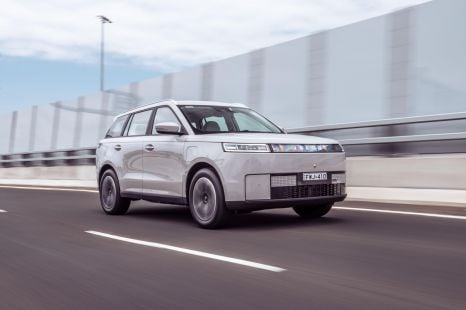

Josh Nevett
7 Hours Ago
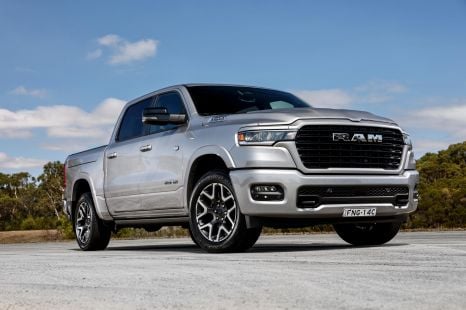

Damion Smy
8 Hours Ago
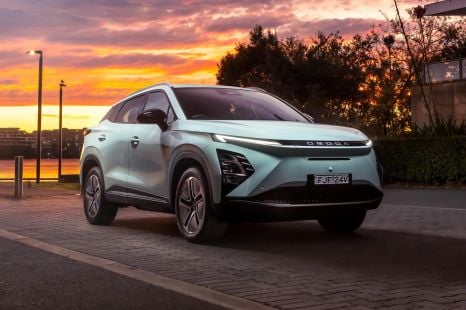

CarExpert.com.au
8 Hours Ago